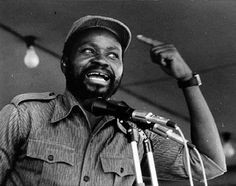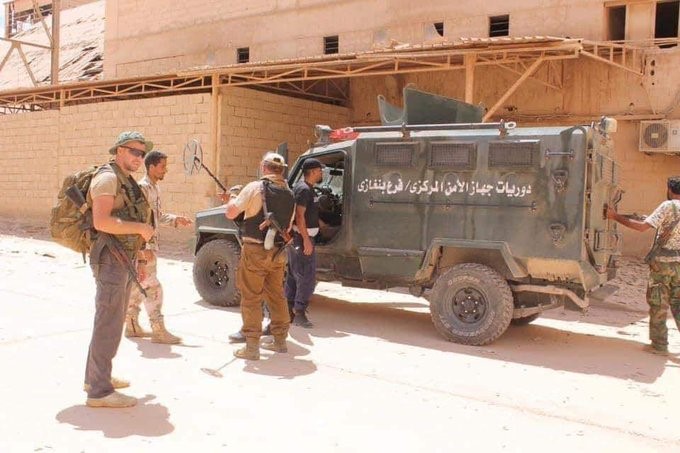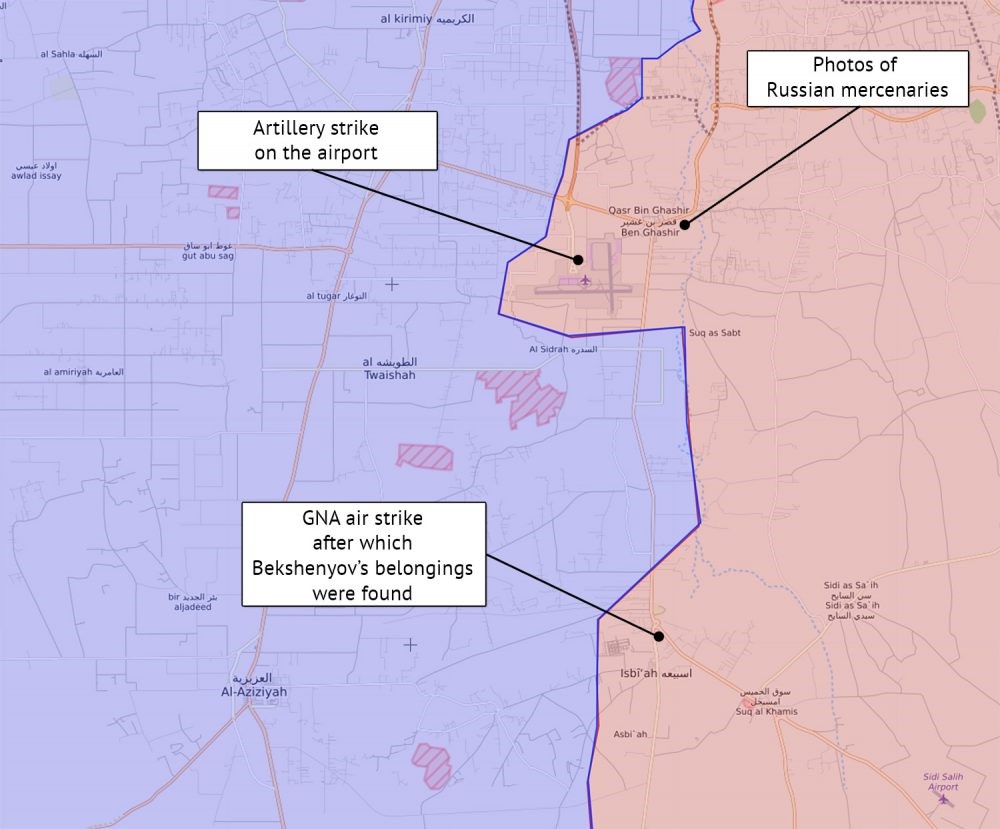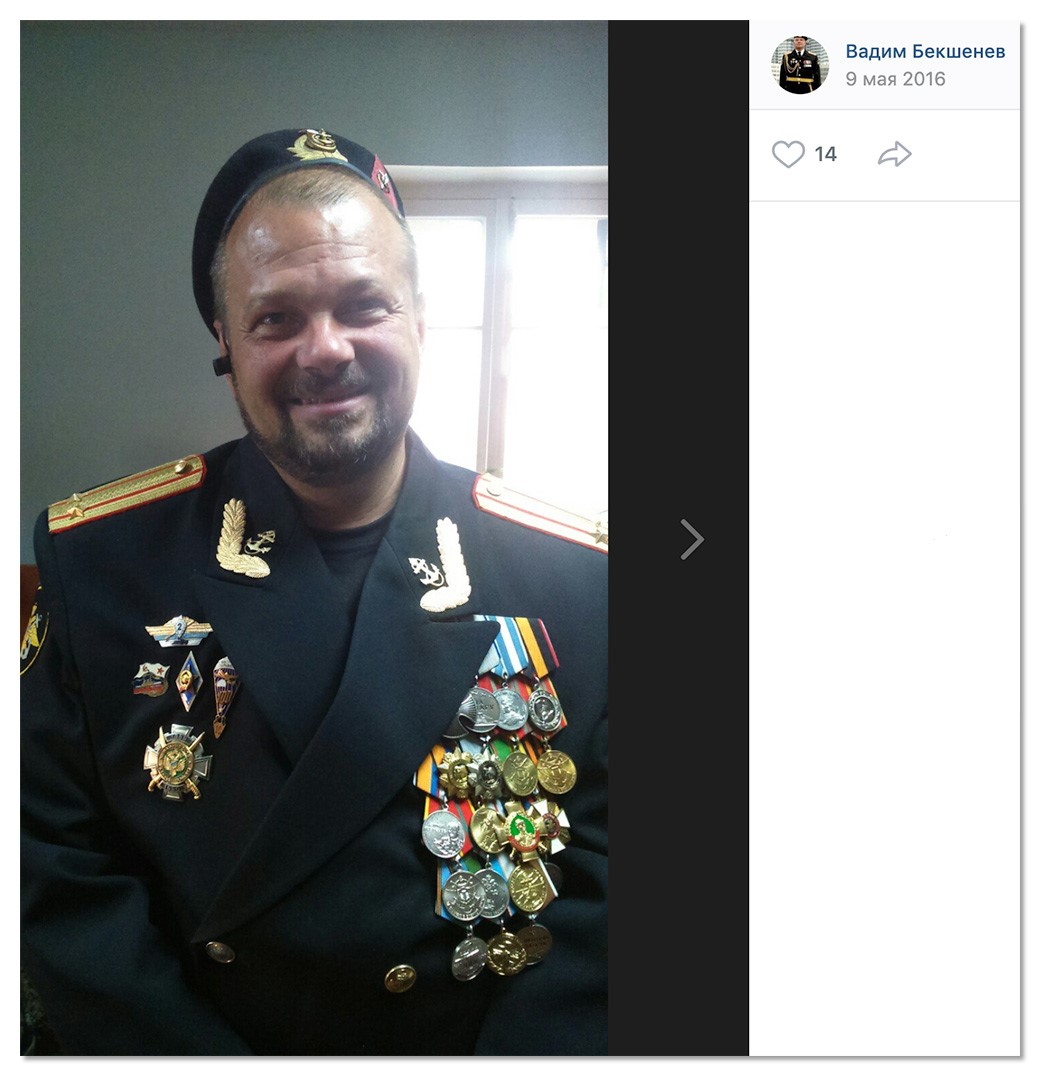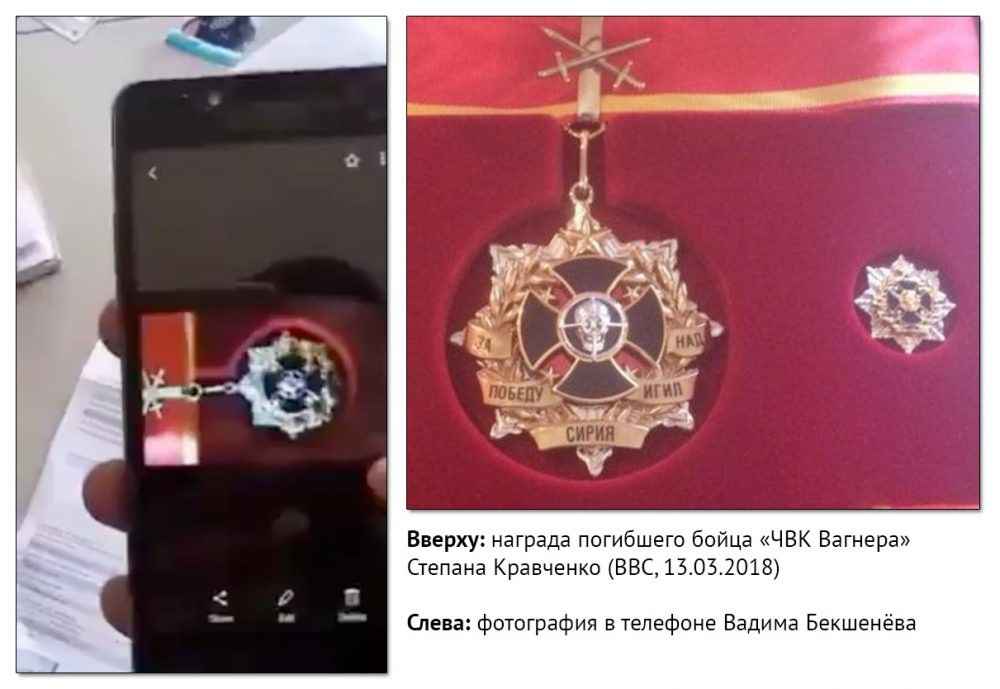Andrew McGregor
October 29, 2019
A new government offensive in Mozambique’s northern Cabo Delgado province is the latest attempt to eliminate shadowy Islamist insurgents in a region whose untapped energy reserves could reverse the country’s economic misfortunes and the damage inflicted by decades of civil war and on-again, off-again insurgencies (Agência de Informação de Moçambique, October 21). Unsuccessful in such efforts over the last two years, there are now reports Mozambique has turned to Russia for military aid (see EDM, October 15). But why Russia, and what would Moscow expect in return? 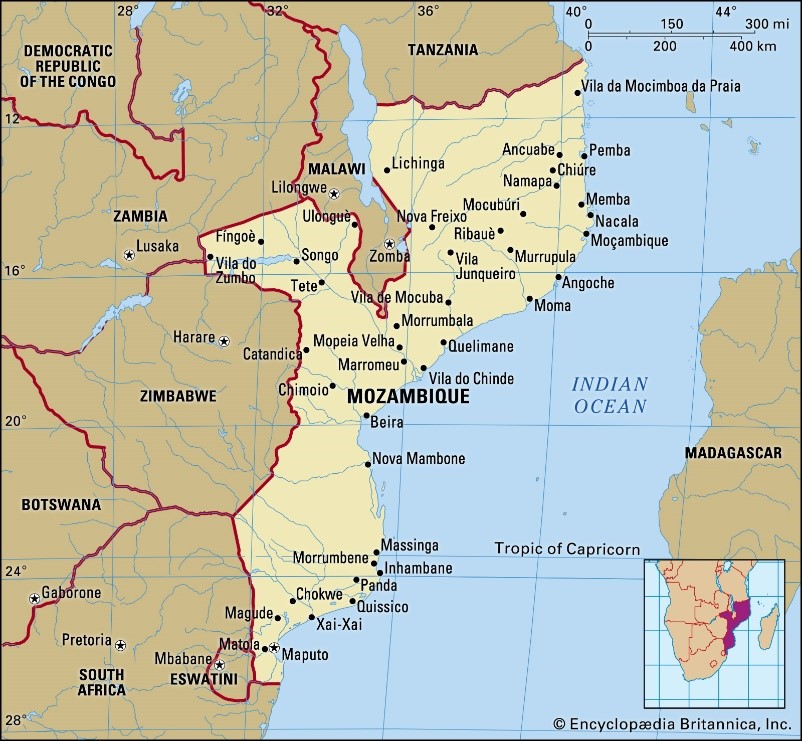 The arrival of Portuguese explorer Vasco de Gamo in 1498 began a centuries-long colonization of a vast tract of southeastern Africa that came to be known as Mozambique. Modern resistance to the Portuguese began with the formation of the nationalist Frente de Libertação de Moçambique (FRELIMO) in 1962. FRELIMO’s first attack on a Portuguese post occurred in Cabo Delgado in 1964. Pro-Soviet Marxist-Leninist factions consolidated their control of FRELIMO in the late 1960s as a wave of mysterious deaths and assassinations eliminated nationalist leaders. This allowed the emergence of Marxist-Leninist hardliner Samora Machel as FRELIMO military commander.
The arrival of Portuguese explorer Vasco de Gamo in 1498 began a centuries-long colonization of a vast tract of southeastern Africa that came to be known as Mozambique. Modern resistance to the Portuguese began with the formation of the nationalist Frente de Libertação de Moçambique (FRELIMO) in 1962. FRELIMO’s first attack on a Portuguese post occurred in Cabo Delgado in 1964. Pro-Soviet Marxist-Leninist factions consolidated their control of FRELIMO in the late 1960s as a wave of mysterious deaths and assassinations eliminated nationalist leaders. This allowed the emergence of Marxist-Leninist hardliner Samora Machel as FRELIMO military commander.
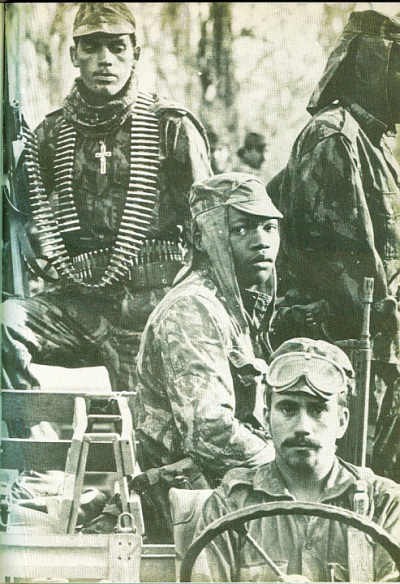 Portuguese Patrol in Mozambique
Portuguese Patrol in Mozambique
By 1972, FRELIMO was being supplied with weapons from Moscow and Beijing. This allowed Lisbon to justify its campaign against the guerrillas by insisting they were controlled by the Soviet Union. Marxism was in many ways unsuited to Mozambique; the education of native populations was never a strong-point of Portuguese colonialism, and with most skilled labor done by Portuguese settlers, there was simply no working class to mobilize. Thus, the new socialist state that emerged with independence in 1975 was left open to the anti-Marxist armed opposition of the Resistência Nacional Moçambicana (RENAMO), supported by the fiercely anti-Communist states of Rhodesia and South Africa. FRELIMO’s poor performance against RENAMO later led to a major military intervention by Marxist Zimbabwe (former Rhodesia) to save the FRELIMO regime.
The wholesale departure of the Portuguese following independence left FRELIMO desperate for external assistance. Independence also brought about an important change in FRELIMO’s military approach. No longer fighting a guerrilla war, FRELIMO needed heavy weapons, air-defense systems and training in conventional tactics to fend off incursions by the Rhodesian and South African militaries. Unable to obtain such support from the People’s Republic of China, the party turned to Soviet, Cuban and East German sources, with thousands of military advisors arriving to train the Mozambican army and provide security for the president. Soviet arms, including 24 Korean War–vintage MiG 17 jet fighters flown by Cuban pilots, tended to be outdated Soviet surplus, much to the disappointment of FRELIMO leaders. This encouraged a lingering skepticism in the FRELIMO leadership regarding the depth of the Soviet commitment to a socialist Mozambique.
In March 1977, Machel signed a 20-year Treaty of Friendship with the Soviet Union. As part of its Cold War struggle with the West, the Soviets clearly eyed Mozambique as an important strategic asset with warm-water ports and easy access to coastal east Africa and the Indian Ocean. However, FRELIMO worked hard to avoid cutting all ties to the West. As one leading FRELIMO member (hardline Marxist Marcelino dos Santos) explained, “We did not fight for fifteen years to free ourselves to become the pawn of yet another foreign power” (Allen Isaacman and Barbara Isaacman, Mozambique: From Colonialism to Revolution, 1900–1982, Hampshire, England, 1983, p. 171).
In 1980, Mozambique opened an embassy in Moscow, only the second Mozambican embassy in a non-African country (Lisbon being the first). In the same year, Machel decreed that all FRELIMO officers must be Communists. Following a daring South African raid on an African National Congress base just outside of Maputo in January 1981, Soviet warships arrived in the Mozambican ports of Maputo and Beira with a warning of reprisals for further attacks (CSM, February 24, 1981). Nonetheless, Mozambique remained wary of committing itself to full support of Soviet foreign policy objectives. Soviet pressure to establish a new naval base in Mozambique’s Bazaruto Archipelago was firmly rebuffed.
By the mid-1980s, relations with Cuba were in decline and Soviet intentions were regarded with greater suspicion, partly due to Soviet intrigues in Angola (another former Portuguese colony) and Machel’s death in a Soviet-piloted Tupolov aircraft in October 1986 (CSIS Africa Notes, December 28, 1987). Facing financial pressures elsewhere, the Soviets began to back away from their expensive commitment to FRELIMO even as the United Kingdom and the United States stepped in with military and economic support in the war against RENAMO.
Currently led by Ossufo Momade, RENAMO ended its long insurgency by signing a Peace and National Reconciliation Agreement in Maputo in August 2019 (Clubofmozambique.com, August 21), though the movement has yet to relinquish all its arms as called for in the agreement. While this brought a welcome respite to Mozambique’s seemingly endless internal warfare, a new and more mysterious insurgency was emerging in the nation’s north simultaneously with the discovery of massive natural gas deposits in the little-known region.
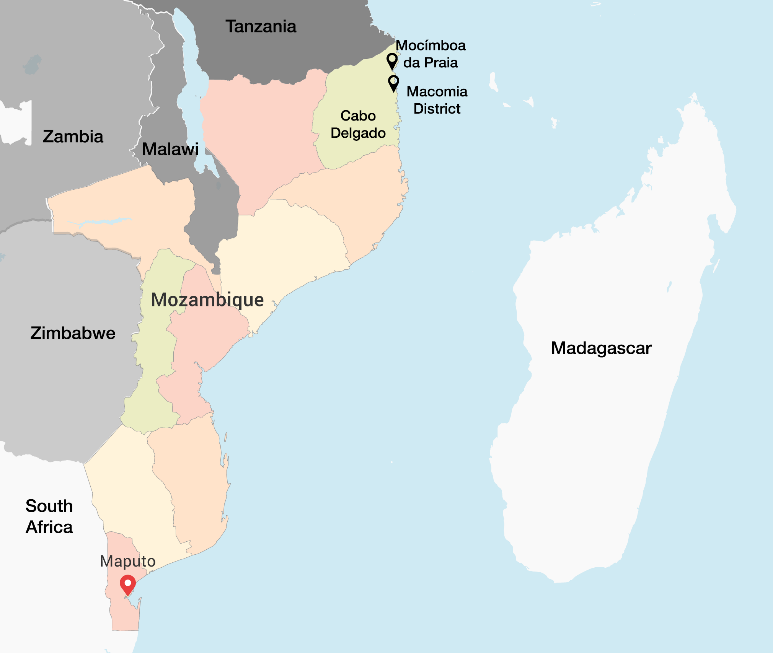 Cabo Delgado (top) – (ISS Africa)
Cabo Delgado (top) – (ISS Africa)
Most of Mozambique’s Muslim minority lives in Cabo Delgado, especially amongst the Makua people and the Swahili culture of the coast. Moderate Sufism, rather than radical Salafism, is the dominant strain of Islamic worship. The Portuguese made Roman Catholicism the official religion of the colony, but, during the war of independence (1964–1974), Portugal grew more accommodating of Islam to prevent Muslims aligning themselves with the secular rebels. The post-independence Marxist state was less accommodating—Machel always wore his shoes when entering a mosque and once informed a gathering of Muslims that “God is a pig” (Allen Isaacman and Barbara Isaacman, Mozambique: From Colonialism to Revolution, 1900–1982, Hampshire, England, 1983, p. 50). Muslims were increasingly treated as second-class citizens, and the anti-FRELIMO Cabo Delgado Front launched a short-lived, low-level insurgency shortly after independence.
Cabo Delgado’s quiet poverty was interrupted by the offshore discovery of vast natural gas fields by US energy firm Anadarko in 2010. Further exploration revealed what could be the third-largest reserves of natural gas in the world (Eia.gov, May 2018). Newfound wealth attracted new insurgents, and a previously unknown group claiming to be Islamists launched its first attack on civilians in the region in October 2017, killing 40 people (Daily Maverick, October 27, 2017).
This new terrorist group called themselves Ahlu Sunna wa’l-Jama’a (ASJ, a.k.a. Ansar al-Sunna), though they are popularly known as “al-Shabaab,” despite having no apparent ties to the Somali Islamist movement of the same name. Since then, the group has carried out multiple atrocities against the civilian population. In one recent case, responsibility was taken by the Islamic State organization (Sábado, September 29, 2019).
This article was first published in the October 29, 2019 issue of the Jamestown Foundation’s Eurasia Daily Monitor

